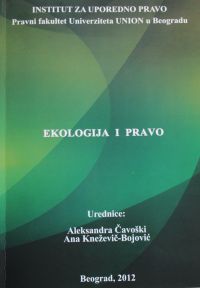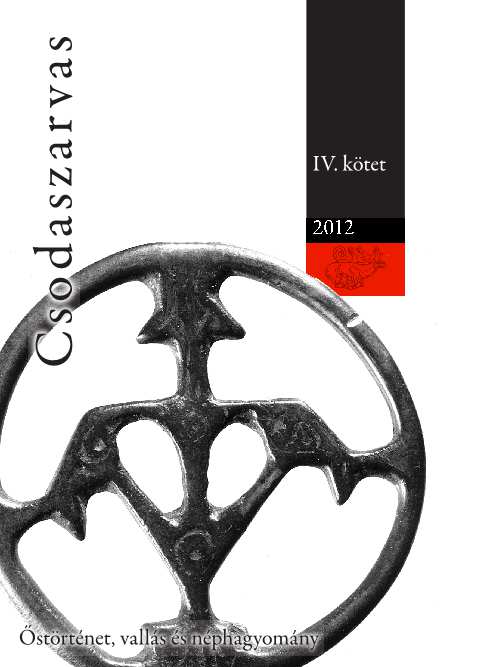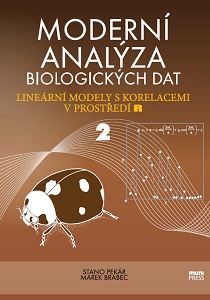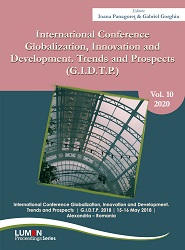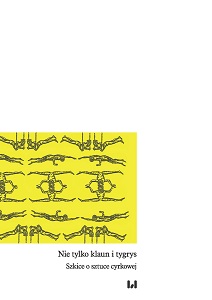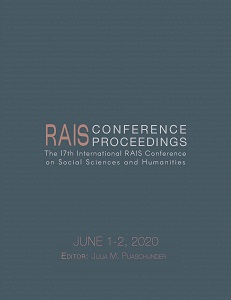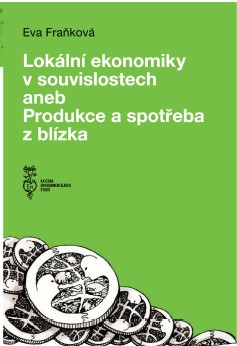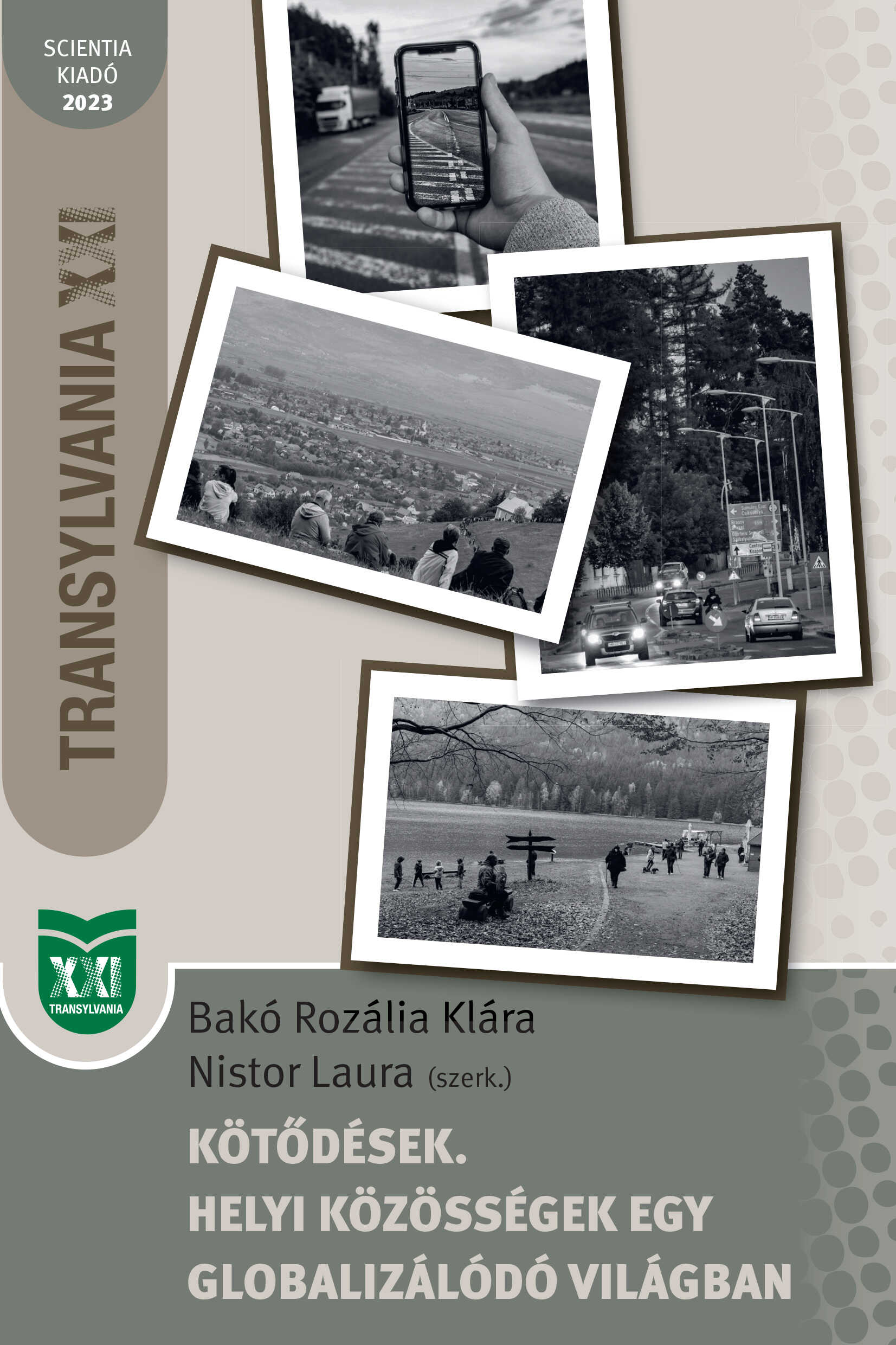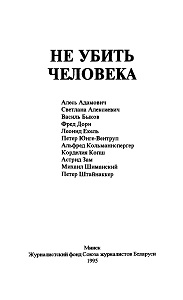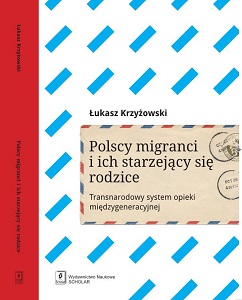
POLSCY MIGRANCI I ICH STARZEJĄCY SIĘ RODZICE. TRANSNARODOWY SYSTEM OPIEKI MIĘDZYGENERACYJNEJ
Wokół migracji dorosłych dzieci w kontekście potrzeb ich starszych rodziców, konstruowane są negatywne dyskursy przybierające postać panik moralnych. W ich centrum znajdują się migrujące kobiety, szczególnie te, których rodzice wymagają pomocy w utrzymaniu higieny osobistej. Są one w większym stopniu niż migrujący mężczyźni, którzy znajdują się w podobnej sytuacji, poddane społecznym (negatywnym) ocenom w społeczeństwie wysyłającym. Zmusza je to do podjęcia dodatkowego wysiłku w państwie imigracji, aby bezpośrednią opiekę osobistą zastąpić substytutem w postaci wsparcia finansowego. Sytuacja migrujących kobiet ulega dodatkowej komplikacji, gdy są one obciążone podwójnymi zobowiązaniami rodzinnymi i opiekują się nie tylko swoimi starszymi rodzicami, lecz także własnymi dziećmi. Ta częsta w transnarodowej rzeczywistości sytuacja prowadzi do pojawienia się licznych napięć i dylematów moralnych. W swej książce zajmuję się funkcjonowaniem transnarodowego systemu opieki międzygeneracyjnej, w ramach którego realizowane są praktyki społeczno-kulturowe redukujące przynajmniej częściowo owe napięcia i dylematy.
More...
